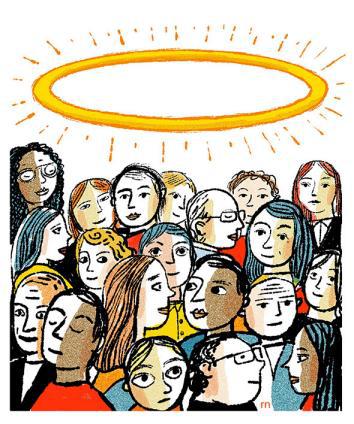Noah Feldman
Milford Daily News
Originally published 27 April 21
Here is an excerpt:
Sexual morality from the early modern period into recent decades tended to condemn the people — especially women — who accepted money in exchange for sexual services, depicting them as morally corrupt. Those who paid for sex — especially men — were often let off the hook by the same (hypocritical) standard. In this now out-moded worldview, taking money for sex amounted transformed a woman’s social status, while paying for sex had little or no effect on a man’s.
Today, we are increasingly willing to acknowledge that people who accept money for sex may often have had little or no choice in the decision. We recognize the realities of trafficking and substance dependence. We’re more aware of power disparities based on sex, race, gender identity and income. It has come to seem primitive to blame those who sell sex rather than those who purchase it.
To be sure, Manhattan — like Baltimore and Philadelphia, which have adopted similar policies — has not adopted the view promoted by some activists, namely that we should take morality out of the equation altogether and simply legalize and regulate all forms of sex work. The association between sex and morals remains as strong as ever in the new policy. But the moral calculus has changed.
On its own, however, this change in beliefs probably would not have sufficed to bring about a policy change. For that, what was required was a major reduction in the geographical prominence of sex work in Manhattan. Long-time residents of the island know this story well. As late as the 1980s, sex work, including prostitution, played a major role in the economy of the extended Times Square area. (The short-lived HBO series "The Deuce" sought to capture the atmosphere of this urban phenomenon in its late heyday.)
Over time, aggressive policing coupled with rezoning and extensive development moved sex work out of midtown. As Manhattan grew ever wealthier in the 1980s, and property values rose, sex work was also pushed out of other neighborhoods, like the Meatpacking District. Eventually, sex work in Manhattan reached the point where it is today: peripheral and relatively invisible rather than openly flourishing in particular neighborhoods.


